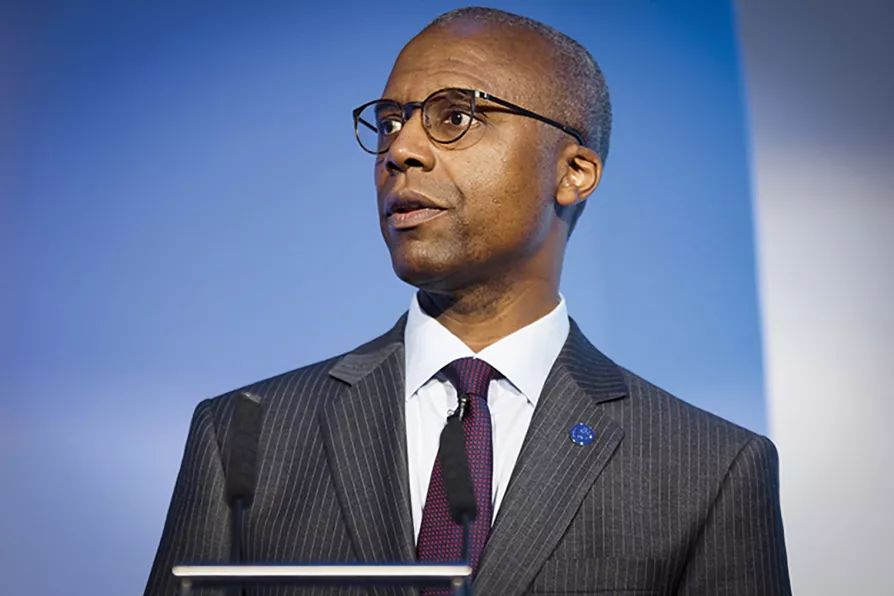LUKE FLETCHER outlines Plaid Cymru bold plans for wide-ranging policy consultations with trade unions in Wales

 NASUWT leader Patrick Roach
NASUWT leader Patrick Roach
AFTER two years of being forced to move to a virtual event, I am delighted that this year the NASUWT is able to return to holding an in-person annual conference this weekend.
Our members are gathering in Birmingham for four days of debates and discussion which will set our policy agenda for the year ahead.
Our agenda is decided by our members, they tell us what matters to them, but underlying the wide-ranging set of issues which will be debated runs a thread of discontent at the growing crisis in teacher wellbeing and morale.

MATT WRACK issues a clarion call for a rejuvenation of public services for the sake of our communities and our young people

With 170,000 children living in poverty in north-east England and teachers leaving in droves over 20 per cent real-terms pay cuts since 2010, all while private companies siphon off billions, it is time to unite and fight for education, writes MATT WRACK












